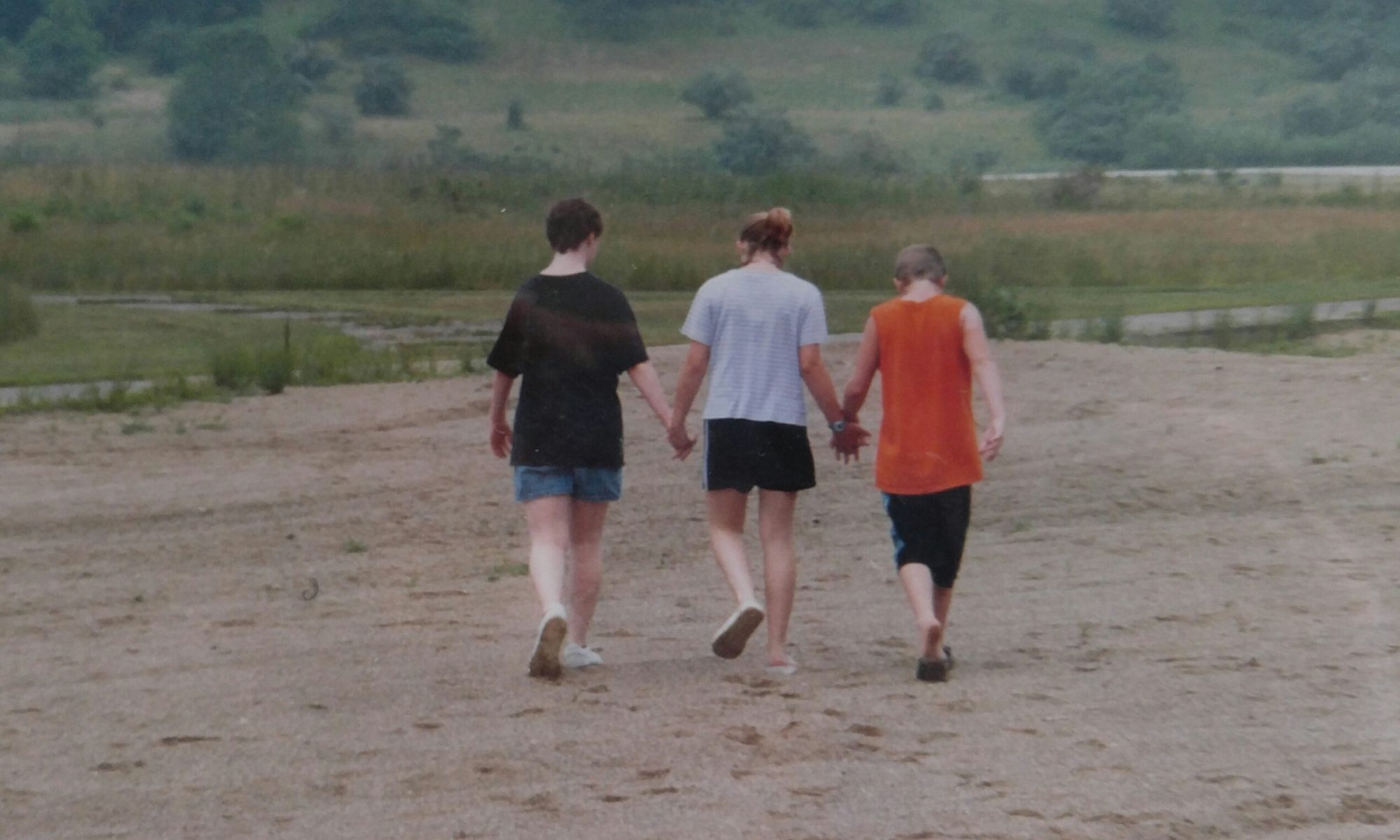
Over the last few weeks, I’ve shared tips from a sheriff’s deputy and firemen about keeping our children with autism safe during emergencies. Today, I’m going to share information from our local EMS director.
He said that all first responders are trained to look for medical ID bracelets when they get to an accident or emergency. Medical ID bracelets can be purchased that state the person has autism with an emergency phone number. The problem is, many of our kids won’t leave bracelets on. You can also buy rubber bracelets of different colors that say the person has autism and this might be something your child would leave on. They could choose a different color every day.
You could also use a necklace with a metal tag instead of a bracelet or you could even purchase a tag that you could attach to your child’s shoes. It looks a little like a dog tag. If you attach it to the shoe with heavy wire, your child won’t be able to take it off. Of course, if you have a child who won’t wear shoes, this won’t be a help, but it’s worth a try when you are out in public and they need shoes on.
Bracelets (both medical and the rubber ones) can be ordered online, as can the tags for shoes and necklaces. I have even seen shirts that are made with a small pocket in between the child’s shoulder blades where you can put an ID tag or attach a note with your name and phone number. I am always surprised by the number of cool things that have been developed for people with special needs.
He also agreed that having seat belt covers for your child is a great idea. One of his tips was to never use your phone number as the emergency contact on the seat belts. I hadn’t thought about this, but if you are the one driving and you are in an accident, it won’t do the first responders any good to call your phone. He advised that you write a close family member or friend’s number on the seat belt covers – someone who doesn’t ride with you often.
Because people with autism often have pica (they put everything in their mouth), he thinks all families should be trained in CPR and first aid. Our EMS is going to train the parents in our area so that might be someone to call if you want that, too. Red Cross often offers classes, too. Also because of pica, make sure you have a poison control number handy at all times. You make think your child “will never” drink or eat something, but you never know. Those few seconds that you save by having the number available could save your child’s life.
Another tip was to always secure large furniture and appliances to the wall. Children with autism have no fear and are often climbers. He talked of one child who opened the oven door and climbed on it to climbed on it to try to get onto the counter. The stove tipped over on him. (I hadn’t thought of the stove tipping over!) So please, use the brackets that come with appliances and make sure anything your child may decide to climb on is secure.
If you have to secure your child’s bedroom at night for their safety, make sure that you can easily get to your child. Think about replacing window glass with plexiglass. (I should have thought of this when Casey put her head through the third window – so thankful she never got hurt!) Cover all outlets with safety covers and consider moving furniture in front of the outlets to prevent the temptation of playing with them. Hide cords whenever you can.
Tell your children what the tornado siren is and where they should go if they hear it. Remind them to stay away from windows during a storm. Make a plan to get everyone to safety in the event of a tornado. I never thought I could get both of them awake and to the basement easily, but they surprised me.
He also shared that one of the best things you can do is to familiarize your child with first responders. Let them see a squad car, a fire truck and a deputy’s car. Take them to meet the deputies, firemen and paramedics. If they have already met the first responders, maybe in an emergency, they will go to that person and not hide.
We all know that the more familiar a person with autism is with something, the less anxious they are about it. The same goes for emergencies. Practice your drills. Meet your first responders. Check your house constantly for things that need to be secured. Talk to your children about emergencies. Even if you think they aren’t paying attention, they are!
